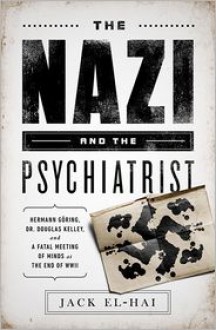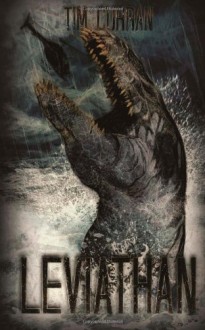

A mysterious island. An abandoned orphanage. A strange collection of curious photographs.
A horrific family tragedy sets sixteen-year-old Jacob journeying to a remote island off the coast of Wales, where he discovers the crumbling ruins of Miss Peregrine’s Home for Peculiar Children. As Jacob explores its abandoned bedrooms and hallways, it becomes clear that the children were more than just peculiar. They may have been dangerous. They may have been quarantined on a deserted island for good reason. And somehow—impossible though it seems—they may still be alive.
A spine-tingling fantasy illustrated with haunting vintage photography, Miss Peregrine's Home for Peculiar Children will delight adults, teens, and anyone who relishes an adventure in the shadows.

First I liked to say that I kind of feel stupid when it comes to this book. Simply because I judged a book by its cover. I saw the book many times and a lot of places but just looked at the cover and thought it is another book about haunted places or so. I didn’t pay much more t attention to it until I saw the trailer for the movie and recognized it. So of course I had to go out and buy the book. Just because. I really enjoyed this kind of unique book, a book with old weird pictures but a story been written around them. I loved that even though there are many different types of pictures in this book they are all fit into the story or the story first with the pictures is more like it. I have a hard time reviewing this book, not sure what to say other than, It was great and fanatic and took me on a great magical and chilling journey. I liked Jacob, even when he had doubts he never really lost faith before he knew everything. I thought he adapted really fast to this new world he discovered I really liked all characters they all had they backstory and a part great part in this book. Of course I liked some more than others. Millard was one other characters I really enjoyed. Miss Peregrine, I liked to but thought there was still some kind of mystery to her. Overall I really loved the mix of old and modern world. We get a great look at the world 1940 but yet a lot of the modern era and how it mixes. I also thought it was one of the easier “Time travel” stories I have read in a while. Complex but yet super easy to understand and follow, which I really enjoyed. There was a great deal of action and twist in the book. It kept me captivated from the first few pages. I really liked the ending and cannot wait to see how their story continues. The only minor thing that bothered me was that I would have liked see more a conclusion with his dad. But maybe we will get more of that in the next book or book. Which I surely will pick up soon.
I rate it 4 ★
Some of my favorite quotes:
“I used to dream about escaping my ordinary life, but my life was never ordinary. I had simply failed to notice how extraordinary it was.”
***
“We cling to our fairy tales until the price for believing in them becomes too high.”
***
“..What an unchallenging life it would be if we always got things right on the first go.”
***

Available NOW

 Log in with Facebook
Log in with Facebook 


















